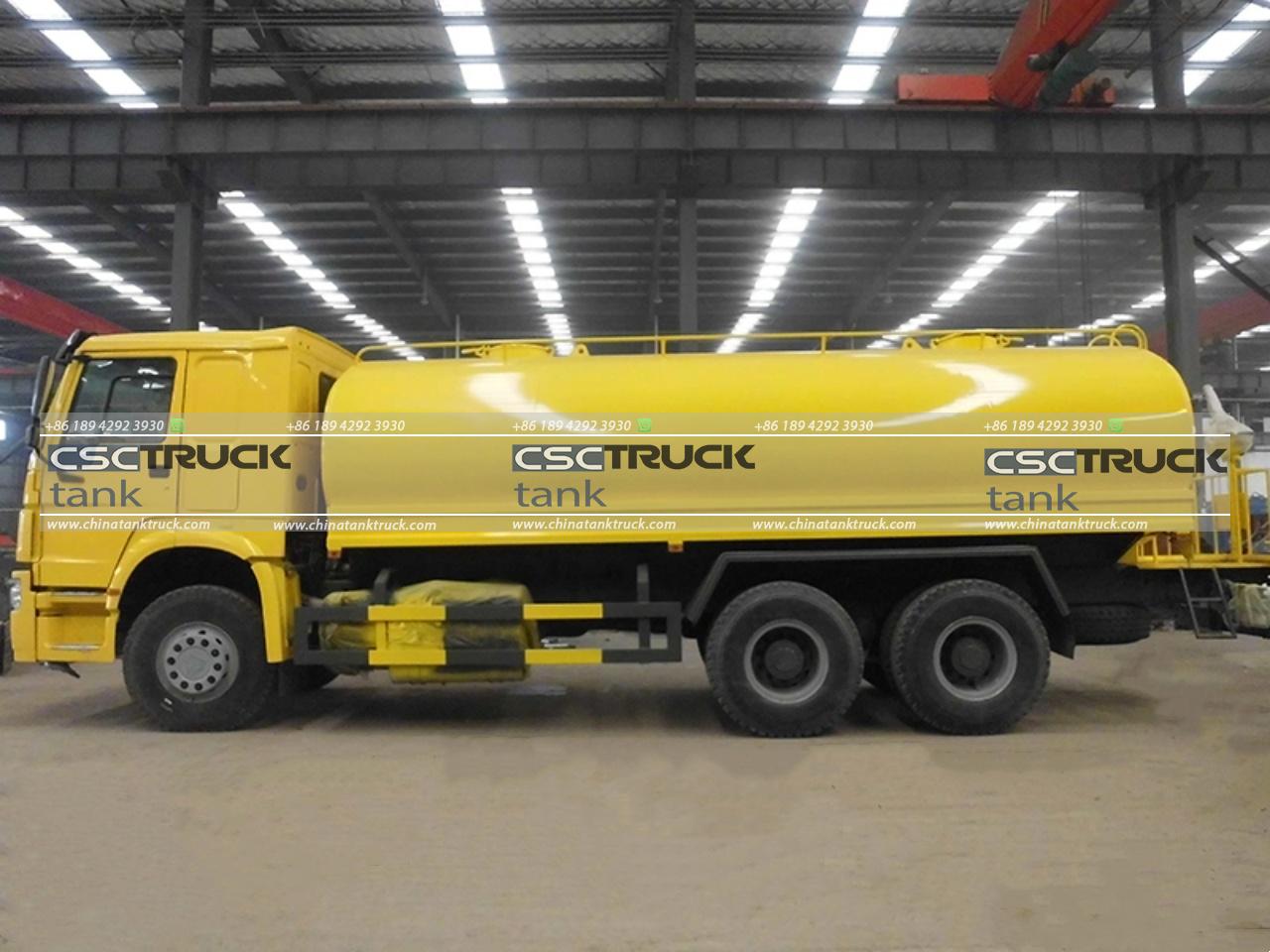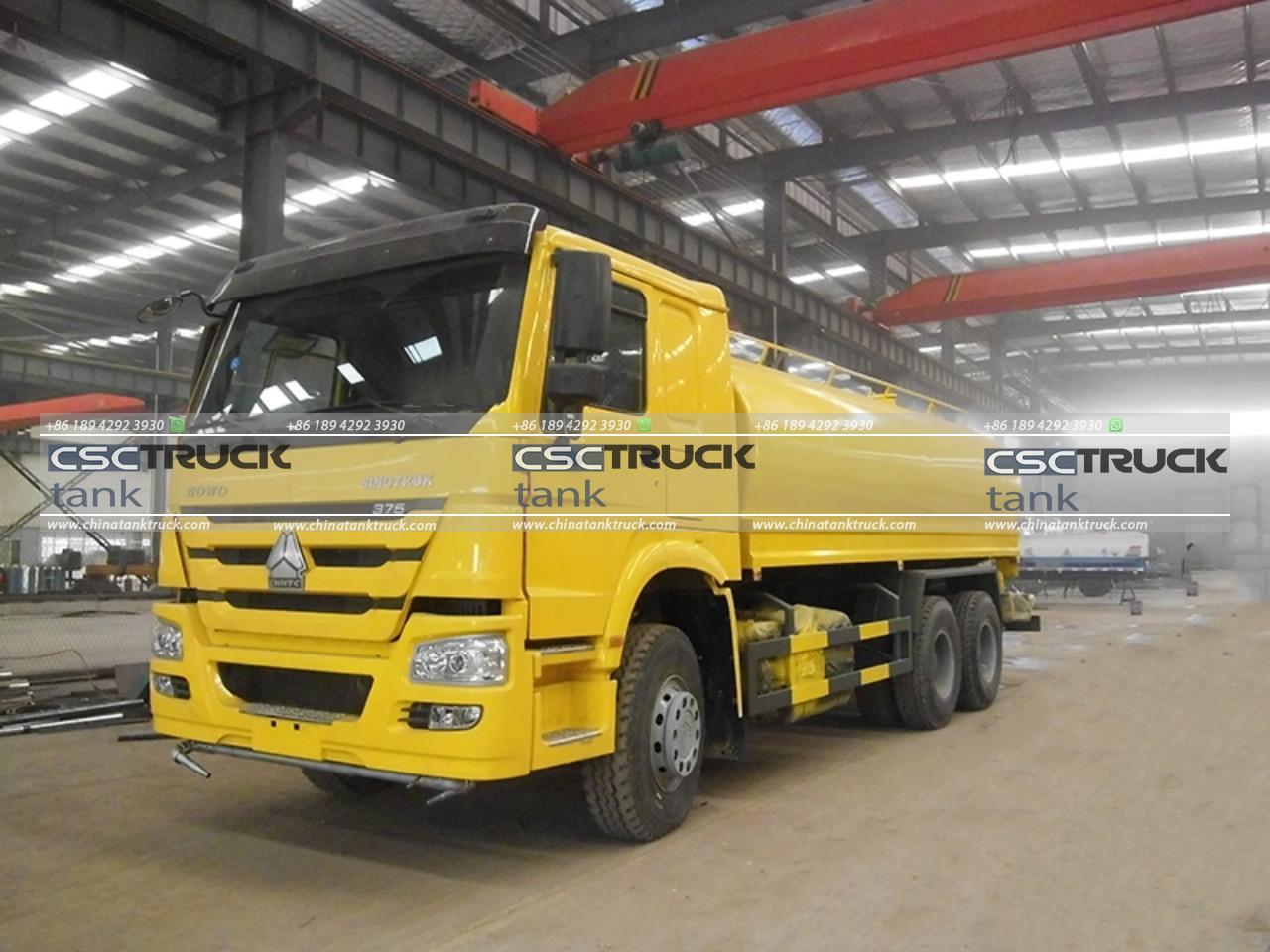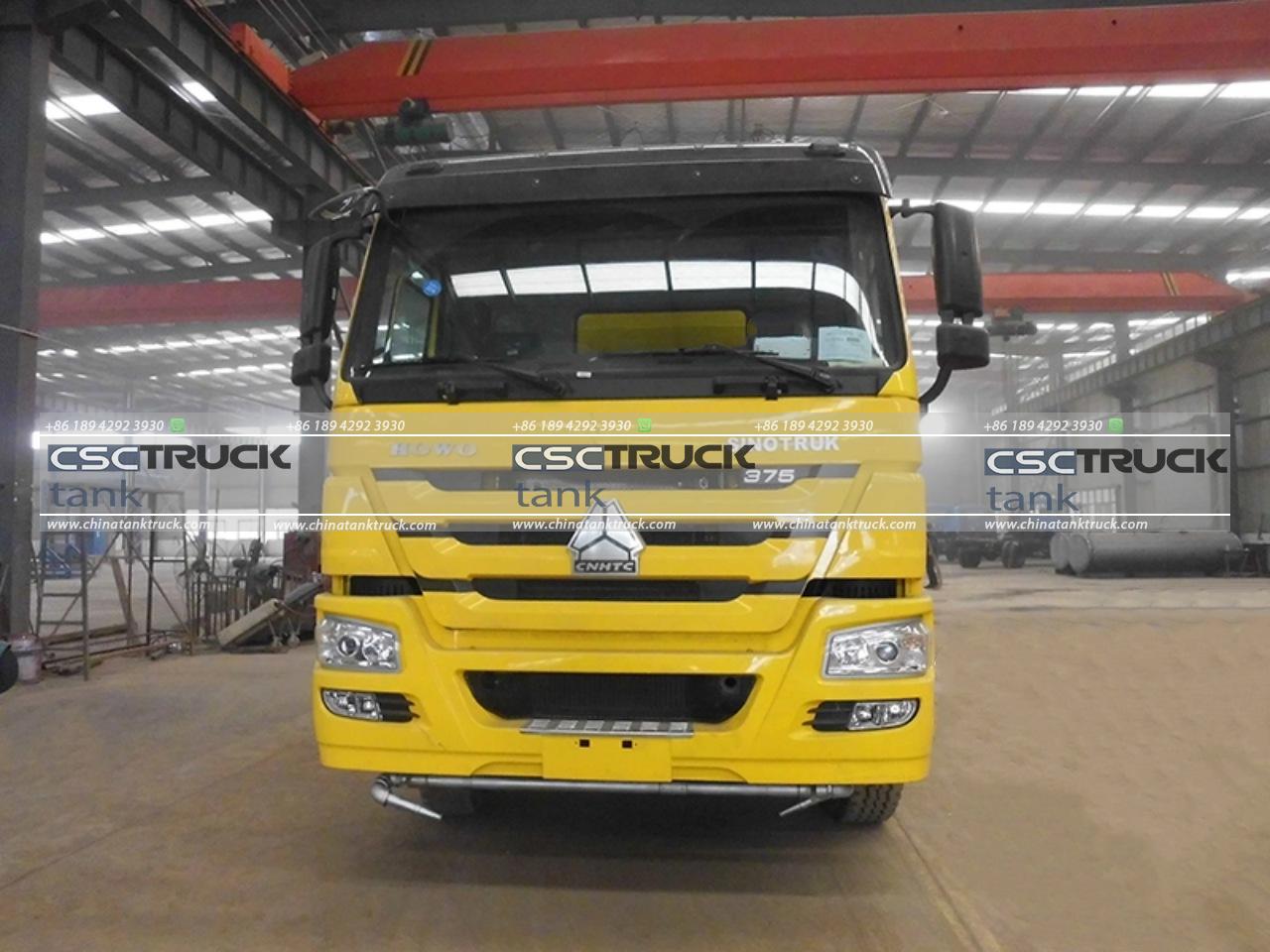What is the Purpose of a Water Truck?
A water truck, often seen on construction sites, roadways, and in remote areas, is a versatile and indispensable piece of equipment with a range of applications. It is designed to transport and distribute large quantities of water where it’s needed. Whether it’s for dust suppression, fire control, compaction, or simply delivering water to locations without a reliable supply, water trucks are engineered to operate in various settings and serve critical purposes. This article explores the primary uses, functionality, and benefits of water trucks, providing insight into why they are an essential part of many industries.
Understanding the Basics of Water Trucks
A water truck typically consists of a tank, which holds between 2,000 to 6,000 gallons of water, mounted on a truck chassis. It is equipped with a specialized distribution system that includes spray nozzles, pumps, and sometimes hoses or water cannons. The design is meant to allow controlled water distribution for specific tasks, making it a highly efficient resource in areas where water supply is scarce or immediate access is challenging.

Key Components of a Water Truck
1. Tank: The tank is the central feature of a water truck, often made from durable materials like steel or polyethylene to withstand the weight and pressure of the water, as well as external elements. These tanks vary in capacity depending on the application.
2. Pump and Spray System: Pumps drive water from the tank through a series of nozzles and spray bars, enabling a consistent and controlled water release. The nozzle design varies based on the application—some are optimized for wide spray coverage, while others offer focused, high-pressure streams.
3. Controls and Hoses: Operators control the water flow through a control system within the truck’s cabin. Additional hoses or cannons may be attached for specific tasks, such as targeted dust control or firefighting.
Primary Purposes of Water Trucks
1. Dust Suppression
One of the most common uses of water trucks is dust suppression, especially on construction sites, mining operations, and unpaved roads. When large vehicles or heavy equipment operate in dry, dusty environments, dust can quickly become a problem. Not only does it reduce visibility, but it also contributes to respiratory hazards for workers and the general public. To address this, water trucks spray a fine mist or a consistent stream of water across areas that produce dust. This keeps particles down, ensuring safer and healthier working conditions while maintaining visibility.
2. Soil Compaction
Soil compaction is crucial in construction, especially for foundations, road building, and other projects that require stable ground. For soil to be effectively compacted, it must contain a certain moisture content. Water trucks provide this moisture by applying an even layer of water to the soil, which helps achieve the necessary density when the soil is compacted by heavy machinery. This step is critical for preventing settlement, erosion, and potential structural issues later on.
3. Firefighting and Fire Prevention
In areas where fire hazards are high, such as forests, farmlands, or dry plains, water trucks serve as on-the-ground firefighting assets. They can be equipped with high-pressure cannons or hoses, allowing them to spray water over a large area to control or extinguish fires. Often, water trucks are stationed at wildfire hotspots to act as a first line of defense, providing a mobile source of water for firefighting teams. Water trucks also serve as fire prevention tools on construction sites and in mining operations, keeping potential fire hazards cool and reducing the risk of combustion.
4. Agricultural Support and Irrigation
In farming and agriculture, access to water is crucial for crop health and growth. However, not all farmlands have immediate access to water sources, especially in remote or arid regions. Water trucks provide a reliable method to transport water to these areas, ensuring that crops and livestock have sufficient hydration. They are also used to irrigate fields during dry spells or droughts, delivering water directly to areas that require it most. In some cases, water trucks are even used to support hydroseeding efforts, helping establish plant life in newly cultivated areas.
5. Portable Water Supply for Remote Areas
In locations without reliable access to water—whether due to natural disasters, infrastructure issues, or isolated geography—water trucks can deliver clean, potable water to residents and workers. They act as temporary water supplies for communities experiencing water shortages or outages. Water trucks used for potable water delivery are specially sanitized and regulated to ensure that the water remains safe for human consumption.
6. Environmental Restoration and Dust Control
Water trucks are used for environmental restoration projects, especially when rehabilitating areas affected by construction, mining, or other industrial activities. By delivering water to these sites, water trucks aid in establishing plant growth, controlling soil erosion, and improving local ecology. They are also valuable in areas experiencing drought, where artificial water delivery can help stabilize the soil and sustain local flora and fauna.

The Role of Water Trucks in Specialized Industries
1. Construction Industry
Water trucks are indispensable on construction sites. They are employed to manage dust, compact soil, and support concrete mixing, where the right moisture content is essential. These trucks can also serve as a water source for worker sanitation, contributing to a safer and more efficient construction environment.
2. Mining Industry
In mining, where the movement of heavy equipment stirs up significant dust, water trucks are a necessity for dust control. They also play a role in soil stabilization, as well as providing water for cooling and firefighting when equipment overheats or risks igniting.
3. Event Management and Public Works
Large outdoor events, like festivals or sports competitions, may use water trucks to manage dust and provide a source of water in areas without direct access. In public works, water trucks are used for street cleaning, assisting with sewer line maintenance, and irrigating public parks and greenery during dry seasons.
4. Disaster Response and Humanitarian Aid
During natural disasters like hurricanes, wildfires, and earthquakes, infrastructure may be compromised, making it difficult for affected communities to access water. Water trucks step in as mobile water sources, delivering much-needed supplies to disaster zones for drinking, sanitation, and firefighting.
Advantages of Using Water Trucks
1. Versatility: Water trucks can be deployed in various environments and terrains, from urban roads to remote, rugged locations.
2. Efficiency: With a large capacity and powerful spray systems, water trucks can distribute water quickly and evenly over vast areas.
3. Cost-Effectiveness: By transporting water directly to the point of need, water trucks eliminate the necessity for expensive pipelines or permanent infrastructure.
4. Environmental Benefits: When used responsibly, water trucks help control erosion, minimize dust pollution, and support environmental restoration projects.
5. Accessibility: Water trucks bring water to places where it would otherwise be difficult or impossible to access, such as remote agricultural fields, wildfire zones, or disaster-stricken areas.

Conclusion
The purpose of a water truck is far-reaching and essential across multiple industries, from construction and mining to agriculture and disaster response. By delivering and distributing water in a controlled manner, water trucks enhance safety, productivity, and environmental sustainability. Their versatility makes them a valuable asset, especially in regions where water is scarce or conditions are harsh. Whether it’s dust control on a construction site, firefighting in a forest, or providing drinking water to communities in need, water trucks play a crucial role in ensuring the availability and efficient use of this vital resource.

